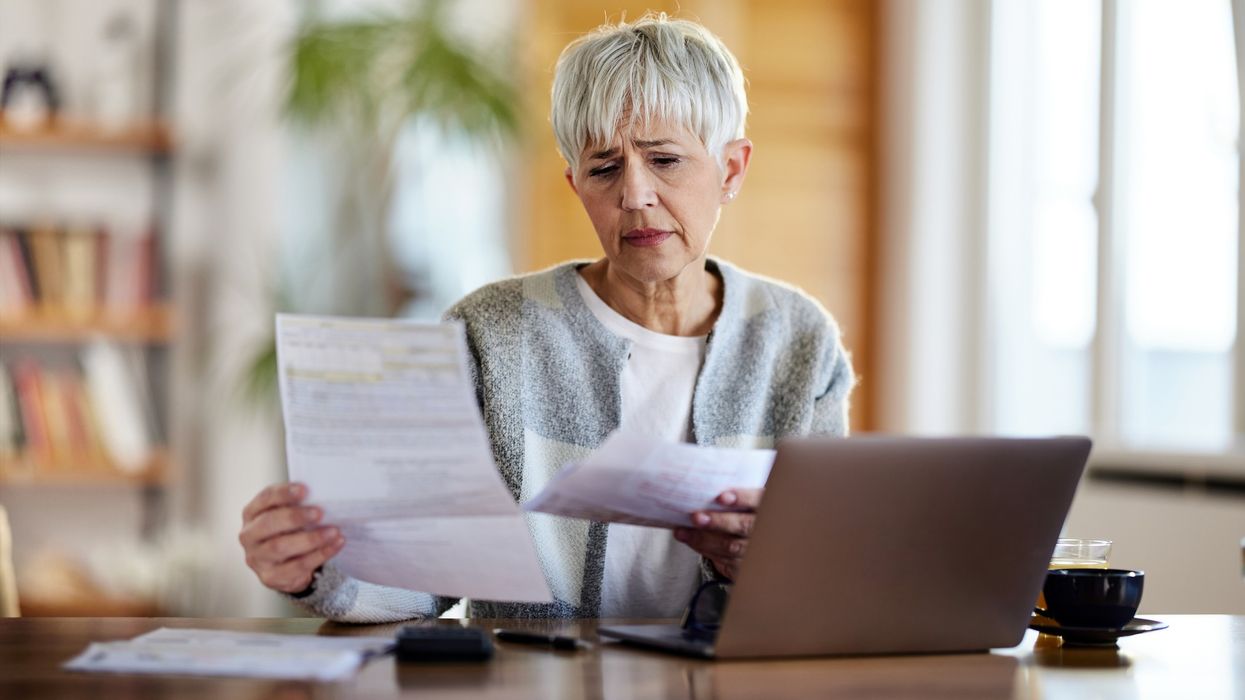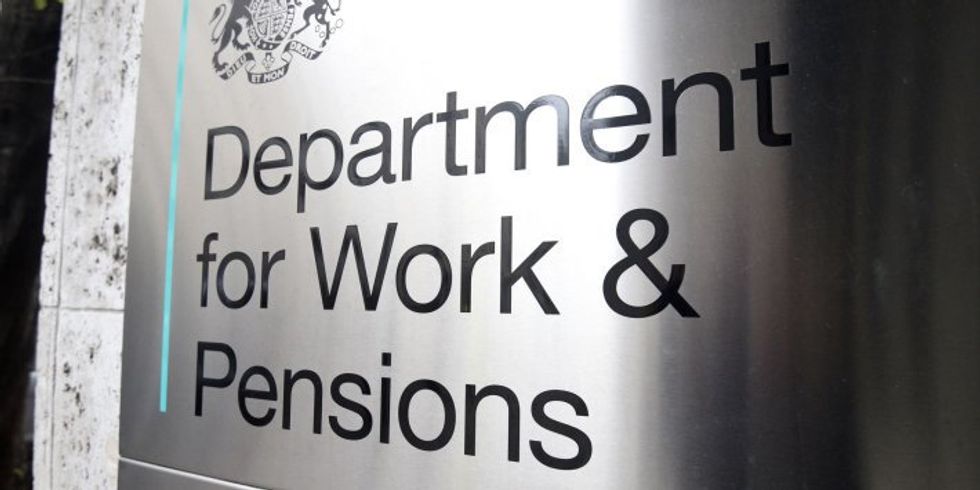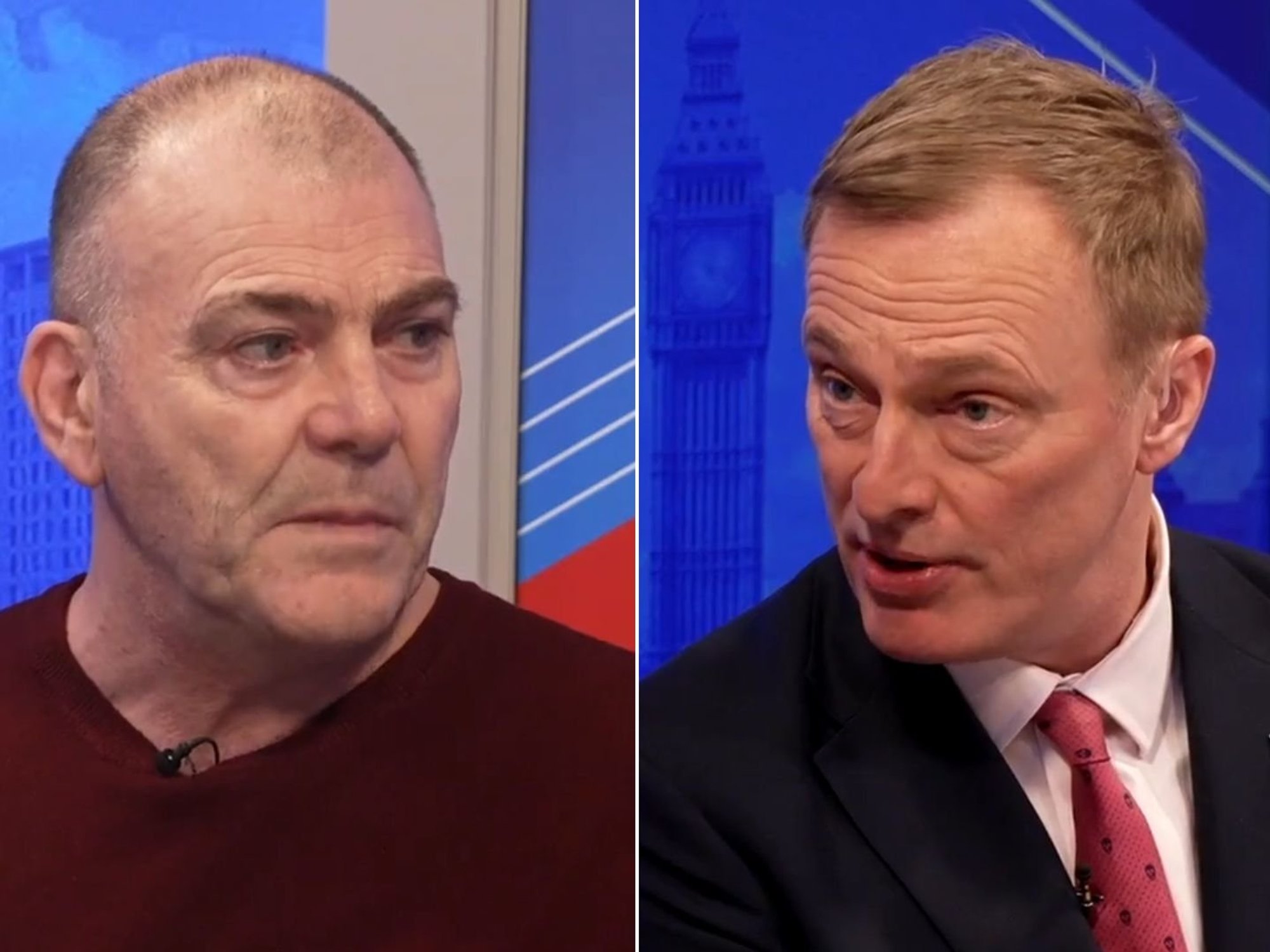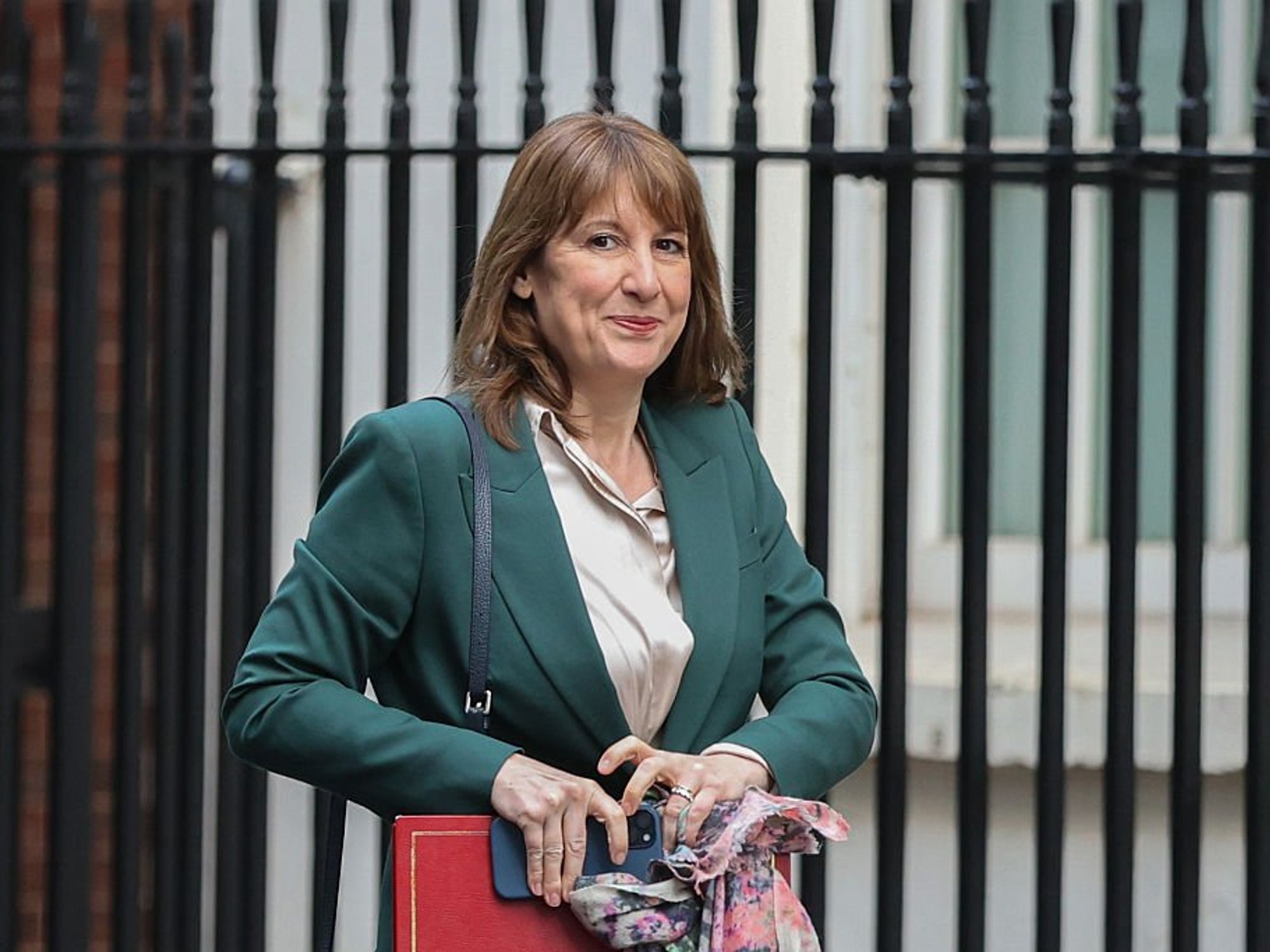Widow, 71, receives £23,000 state pension payout after being underpaid for 8 years due to DWP system error

Over 700,000 Britons, mainly women, could see their state pensions boosted due to a state pension system error
| GETTY
Over 700,000 Britons, mainly women, could see their state pensions boosted due to a state pension system error
Don't Miss
Most Read
Mary Cunningham* fought eight years to her £23,000 state pension payout.
The widow was issued the pay out after the Department for Work and Pensions underpaid her state pension for eight years.
Cunningham, 71 (who's name has been changed for privacy) spent hours on the phone to DWP after her husband died to query why her pension was so low.
In January, she was living on £441 a month from her state pension and relying on money from her late husbands pension to get by.
Even with her husbands pension, Cunningham was still struggling to get by and knew something was wrong as he was entitled to full basic state pension after collecting his National Insurance credits.
After eight years of fighting back and querying, the DWP admitted that she was right and paid her £23,000 in May.

The DWP has paid out £571.6 million to almost 100,000 pensioners whose payments should have been boosted,
| PAShe told The Times: "I told them [the DWP] I couldn’t survive on so little and they advised me to apply for pension credit. I sent off all the paperwork in February and must have chased eight or nine times on its progress but was told there was a big."
Around 700,000 pensioners, mainly woman, have had to have their state pensions reviewed due to a system error which could see underpayments worth thousands.
The DWP has paid out £571.6million to almost 100,000 pensioners whose payments should have been boosted, either when they turned 80, or because of their husband’s national insurance contributions.
Women who may be in a similar position are urged to contact the DWP as they too could be entitled to a payout, and the figures are expected to rise.
Britons need 35 full years of national insurance contributions to get the new full state pension, 30 years to get the full basic state pension and 10 qualifying years to get any state pension at all.
Those on the basic state pension, like Cunningham and her husband have the opportunity to boost the amount of state pension they get, based on their spouse’s national insurance record, either after their spouse dies, or reaches state pension age. This is dependent on how people paid national insurance, and how much they paid.
While Cunningham stayed home, Harry, her late husband worked and built up 27 years worth of qualifying national insurance contributions.
Cunningham was not entitled to a full basic state pension, but her entitlement should have risen, after her husband died due to his record of contributions.
Since 2008, the payment boots should be made automatically to affected women, however this has not been the case due to system errors. The DWP has been trying to correct systematic state pension underpayments since 2021.
A spokesperson said: "Our priority is ensuring pensioners get the dignity and security they deserve in retirement and that state pension underpayment rates remain as low as possible. We have completed the majority of cases as planned and expect to complete by the year end.”
By January, Cunningham was getting £441 a month state pension and she called the DWP in desperation. “I told them I couldn’t survive on so little and they advised me to apply for pension credit. I sent off all the paperwork in February and must have chased eight or nine times on its progress but was told there was a big backlog,” said Mary.
There are now nearly 12.7 million people across Great Britain claiming state pension.
Of that overall total, 9.3 million are in receipt of the basic state pension and 3.4 million on the new state pension.
The basic state pension is now worth up to £169.50 each week and the new state pension up to £221.20.
A phone call to the pension service is the quickest way to find out if someone has been underpaid their state pension. Full contact details can be found on the Gov.uk website.










